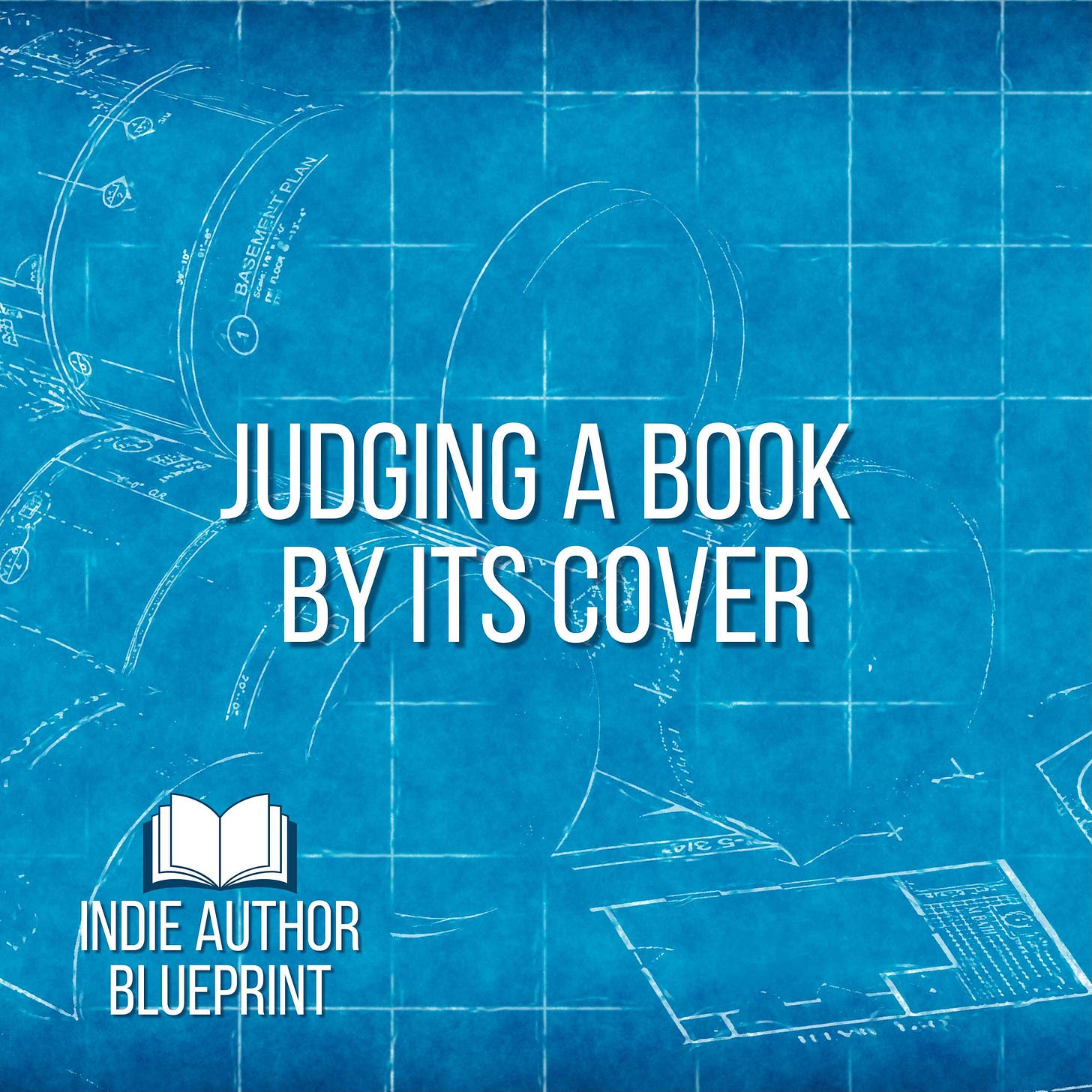I'm delighted to share the latest episode of Indie Author Blueprint with you, designed to help your books shine brightly in the vast literary landscape. In this episode, I discussed the art and science of crafting a professional book cover—a crucial aspect that can profoundly influence a potential reader's first impression. I realize that it can sound harsh or judgy to talk about the concept that some covers really aren’t great. It isn’t about that.
But hear me out. Picture this: you’ve spent countless hours writing your magnum opus, crafting your characters, building your world, and delivering a plot twist so juicy it could star in its own movie. The last thing you want is for your book to end up with a cover that screams, “My nephew made this in MS Paint.”
Let’s kick things off with a crucial piece of advice: If your idea of designing a cover involves Comic Sans and a blurry stock image you found on Google, step away from the keyboard! Designing a book cover is much more nuanced. We need artistic skill, an understanding of genre conventions, and a bit of technical wizardry.
Remember, a professional-looking book cover can be the gateway to book sales. It’s about as irresistible as a box of chocolates left out in the breakroom. Meanwhile, a poorly designed cover is like an expired coupon—nobody’s going to bother.
So, whether you’re rocking the DIY route or hiring a pro to give your book the red-carpet treatment, remember that the cover's purpose is to reflect the quality and effort you’ve poured into your creation. It's the ultimate marketing tool, a beacon for your readers in a sea of endless titles. Make it count!
And for those brave souls who want to venture into DIY territory, we’ll be covering more of the technical aspects and showing some redesign examples in upcoming episodes. So, stay tuned! Head over to our "Indie Author Blueprint" Substack for more tips, tricks, and maybe even a laugh or two. Until next time, keep designing, keep writing, and keep chuckling!
Key Concepts in the Episode
Importance of Professional Book Covers:
A professional-looking book cover is crucial for indie authors as it forms the first impression and influences a buyer’s decision. It serves as an essential marketing tool, distinguishing self-published books in a competitive market.
Designing Book Covers:
Designing a book cover requires a blend of artistic skill, understanding of genre conventions, and technical knowledge. A well-designed cover should reflect the book’s brand and appeal to its target audience, with different genres requiring distinct styles.
Technical Aspects of Cover Design:
Understanding technical specifications, such as color profiles, layout, and typography, is crucial. Errors in these areas can lead to amateur-looking covers and publishing rejections, emphasizing the importance of getting these technical elements right.
Common Pitfalls of DIY Covers:
DIY covers often exhibit telltale signs like poor photo editing, inappropriate font choices, and lack of intentional design. These can detract from a book's perceived quality, making it appear unprofessional.
Reader Engagement Through Design:
A book cover should not only serve as a marketing tool but also enhance the reader's experience. Quality design reflects the effort put into writing and establishes a strong first impression that entices potential readers.
Be sure to watch for more content coming in the next few posts about cover design. Also, if you have a cover you’d like to have others gives constructive feedback on, please reach out to me (Michelle). It’s a vulnerable thing to do, but oh, so helpful!














Share this post